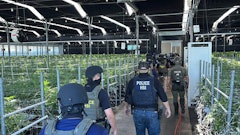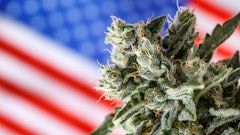
In the latest in a series of cannabis licensing delays due to the COVID-19 pandemic, Illinois has delayed issuing craft grow, infuser and transporter licenses, according to the Chicago Tribune.
The Department of Agriculture planned to issue 40 craft grow licenses, 40 infuser licenses and an undetermined number of transporter licenses July 1, the news outlet reported, but Gov. J.B. Pritzker instead issued an executive order to delay the permits, without specifying when they would be issued.
The new grow licenses will be the first opportunity for those not already operating in the state’s medical cannabis market—as well as many social equity applicants—to participate in the adult-use industry, and the transporter and infuser licenses create new categories of businesses that have not yet existed in Illinois’ cannabis market, the Chicago Tribune reported.
























